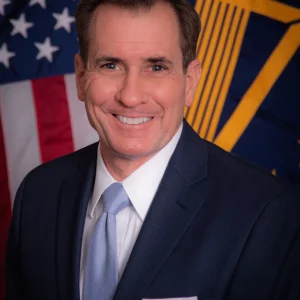Another provincial assembly dissolved in Pakistan as political crisis deepens
KARACHI, Pakistan (AA) – The governor of Pakistan’s northwestern Khyber Pakhtunkhwa province on Wednesday dissolved the provincial assembly, the state-run Pakistan Television reported.
Governor Ghulam Ali, who represents the federal government, approved the dissolution of the 124-member Khyber Pakhtunkhwa Assembly led by Pakistan Tehreek-e-Insaf (PTI), the party of former Prime Minister Imran Khan.
Chief Minister Mahmood Khan had sent a summary seeking the dissolution of the provincial assembly on Tuesday, a move that could force early general elections in the country.
The governor advised the chief minister to continue working until the formation of an interim government, which will hold fresh elections in the province within the next 90 days as per the country’s Constitution.
This is the second provincial assembly dissolved in a week, following the 397-member Punjab Assembly, which was also governed by the PTI and its coalition partner Pakistan Muslim League (Quaid-e-Azam).
Khan, who was ousted as prime minister in a no-confidence vote in April last year, announced last month that he would dissolve two of the country’s four provincial assemblies in a bid to force early elections, which are scheduled for late this year.
He has been campaigning for snap polls since his removal, heightening political uncertainty in the South Asian nation, which is already grappling with dwindling foreign exchange reserves.
Historically, polls for the federal and provincial assemblies are held at the same time every five years.
However, given the dissolution of the Punjab and Khyber Pakhtunkhwa assemblies, there is a high likelihood that separate elections will be held in the two provinces within 90 days unless the federal government calls a general election.
In a related development, Raja Pervez Ashraf, the speaker of the lower house, accepted the resignations of another 34 PTI lawmakers on Tuesday.
Over 120 PTI National Assembly members resigned en masse in April last year, following a successful no-trust motion against their leader and then-Premier Khan, demanding snap elections.
However, the speaker refused to accept the resignations until he was “satisfied” that they had been tendered without “duress.”
The speaker’s move came just days after Khan hinted at returning to parliament to prevent the ruling coalition and its “friendly” opposition from unilaterally installing an interim federal government, as required by the Constitution three months before general elections, which are scheduled for October this year.








